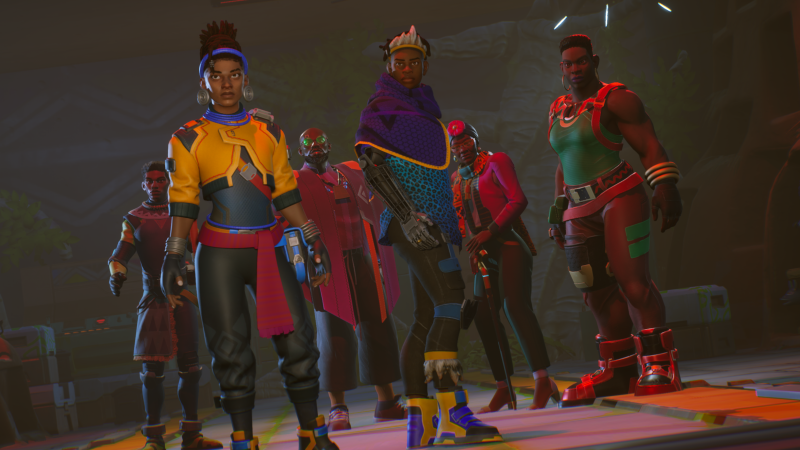Tweet
Email
Link
“Is it stealing to take back what was stolen?” That’s the question asked in the trailer for “Relooted,” a video game in which players form a crew and plan a heist to reclaim real-life African artifacts held in Western museums.
Created by South African game developer Nyamakop, the game, to be released on PC and Xbox, is set in a futuristic Johannesburg, South Africa. The crew is composed of scientists, computer programmers and MMA fighters — rather than seasoned criminals — and guided by the fictitious Professor Grace, a retired South African art historian frustrated by the glacial rate of restitutions.
There are hundreds of thousands of African artifacts held in Western collections. As European countries colonized Africa, they took art and valuables. Some, such as the Benin Bronzes, were taken by force. This collection of thousands of sculptures and plaques once adorned the royal palace in the Kingdom of Benin, in modern day Nigeria, and was taken by British soldiers in 1897.
Some African artifacts were acquired through coercion and others were bought.
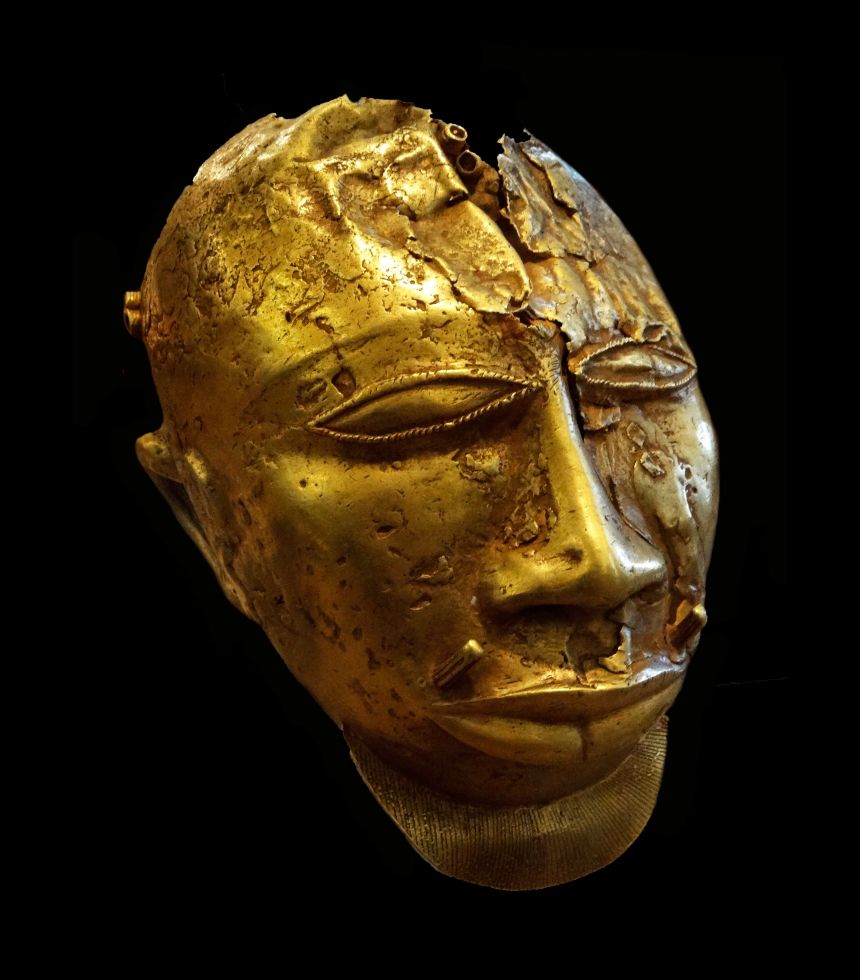 Asante golden head: This gold trophy head was looted by British troops during the Anglo-Asante War of 1873-74 from the royal palace of the Asante king Kofi Karikari, whose kingdom lay within present-day Ghana. After passing through the European art market, it was purchased by British collector Sir Richard Wallace in 1874 and resides in the Wallace Collection, in London.” class=”image__dam-img image__dam-img–loading” onload=’this.classList.remove(‘image__dam-img–loading’)’ onerror=”imageLoadError(this)” height=”4888″ width=”4290″ loading=’lazy’/>
Asante golden head: This gold trophy head was looted by British troops during the Anglo-Asante War of 1873-74 from the royal palace of the Asante king Kofi Karikari, whose kingdom lay within present-day Ghana. After passing through the European art market, it was purchased by British collector Sir Richard Wallace in 1874 and resides in the Wallace Collection, in London.” class=”image__dam-img image__dam-img–loading” onload=’this.classList.remove(‘image__dam-img–loading’)’ onerror=”imageLoadError(this)” height=”4888″ width=”4290″ loading=’lazy’/>
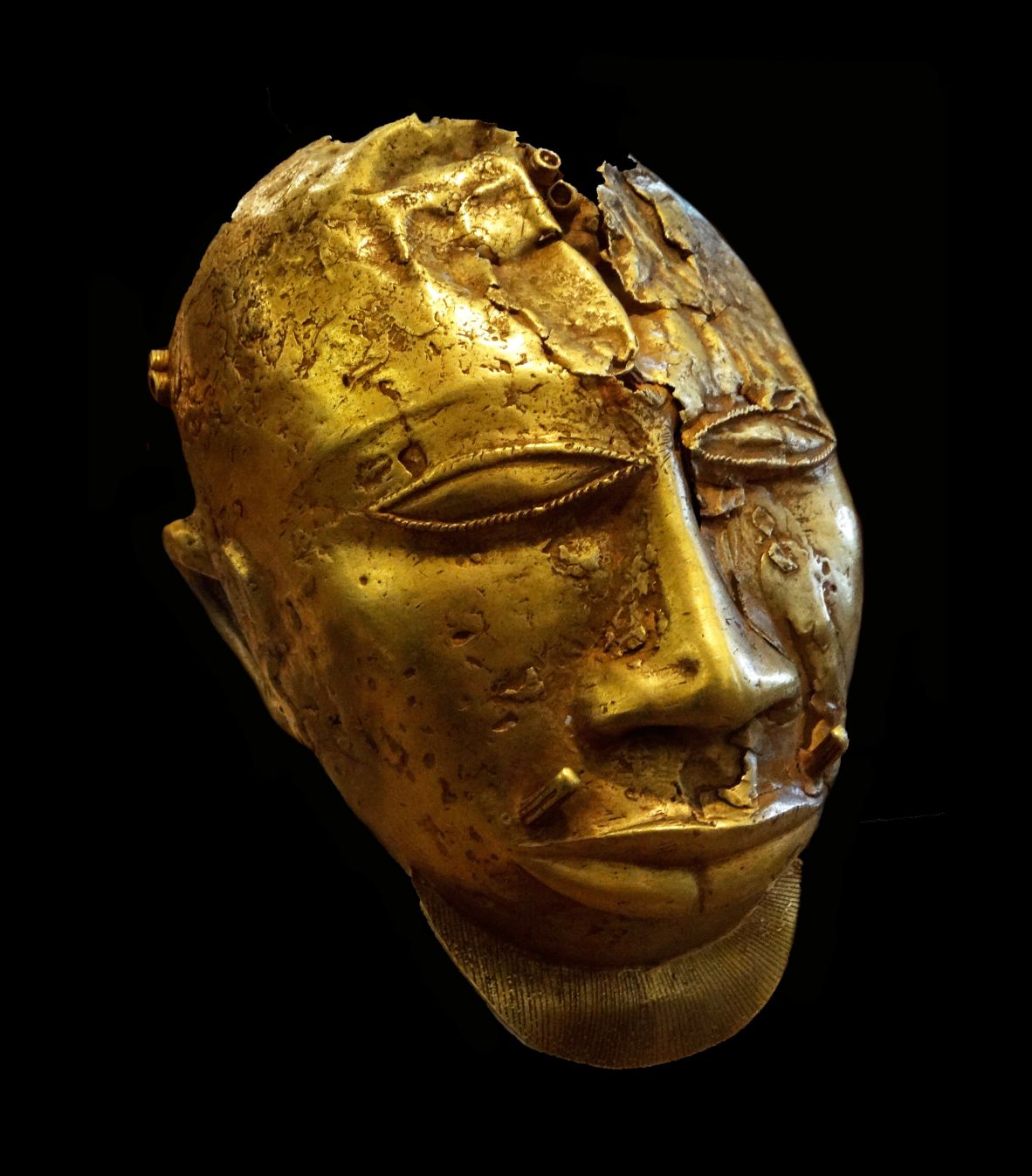 Asante golden head: This gold trophy head was looted by British troops during the Anglo-Asante War of 1873-74 from the royal palace of the Asante king Kofi Karikari, whose kingdom lay within present-day Ghana. After passing through the European art market, it was purchased by British collector Sir Richard Wallace in 1874 and resides in the Wallace Collection, in London.” class=”image__dam-img image__dam-img–loading” onload=’this.classList.remove(‘image__dam-img–loading’)’ onerror=”imageLoadError(this)” height=”4888″ width=”4290″ loading=’lazy’/>
Asante golden head: This gold trophy head was looted by British troops during the Anglo-Asante War of 1873-74 from the royal palace of the Asante king Kofi Karikari, whose kingdom lay within present-day Ghana. After passing through the European art market, it was purchased by British collector Sir Richard Wallace in 1874 and resides in the Wallace Collection, in London.” class=”image__dam-img image__dam-img–loading” onload=’this.classList.remove(‘image__dam-img–loading’)’ onerror=”imageLoadError(this)” height=”4888″ width=”4290″ loading=’lazy’/>
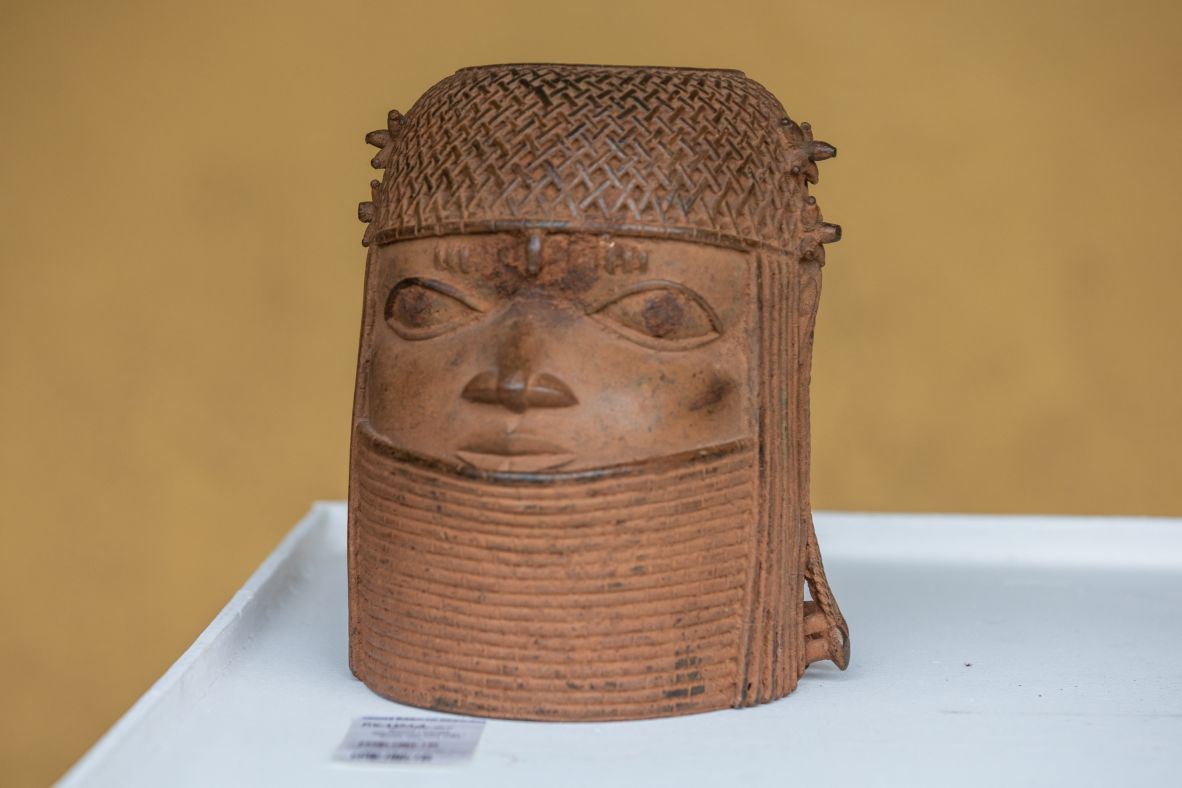 Benin Bronzes are thousands of plaques and sculptures that decorated the royal palace of the Kingdom of Edo, in what is now Nigeria. The bronzes were looted from Benin city by British soldiers at the end of the 19th century, and while some have been repatriated, the majority are housed in museums across Europe and North America.” class=”image__dam-img image__dam-img–loading” onload=’this.classList.remove(‘image__dam-img–loading’)’ onerror=”imageLoadError(this)” height=”2800″ width=”4200″ loading=’lazy’/>
Benin Bronzes are thousands of plaques and sculptures that decorated the royal palace of the Kingdom of Edo, in what is now Nigeria. The bronzes were looted from Benin city by British soldiers at the end of the 19th century, and while some have been repatriated, the majority are housed in museums across Europe and North America.” class=”image__dam-img image__dam-img–loading” onload=’this.classList.remove(‘image__dam-img–loading’)’ onerror=”imageLoadError(this)” height=”2800″ width=”4200″ loading=’lazy’/>
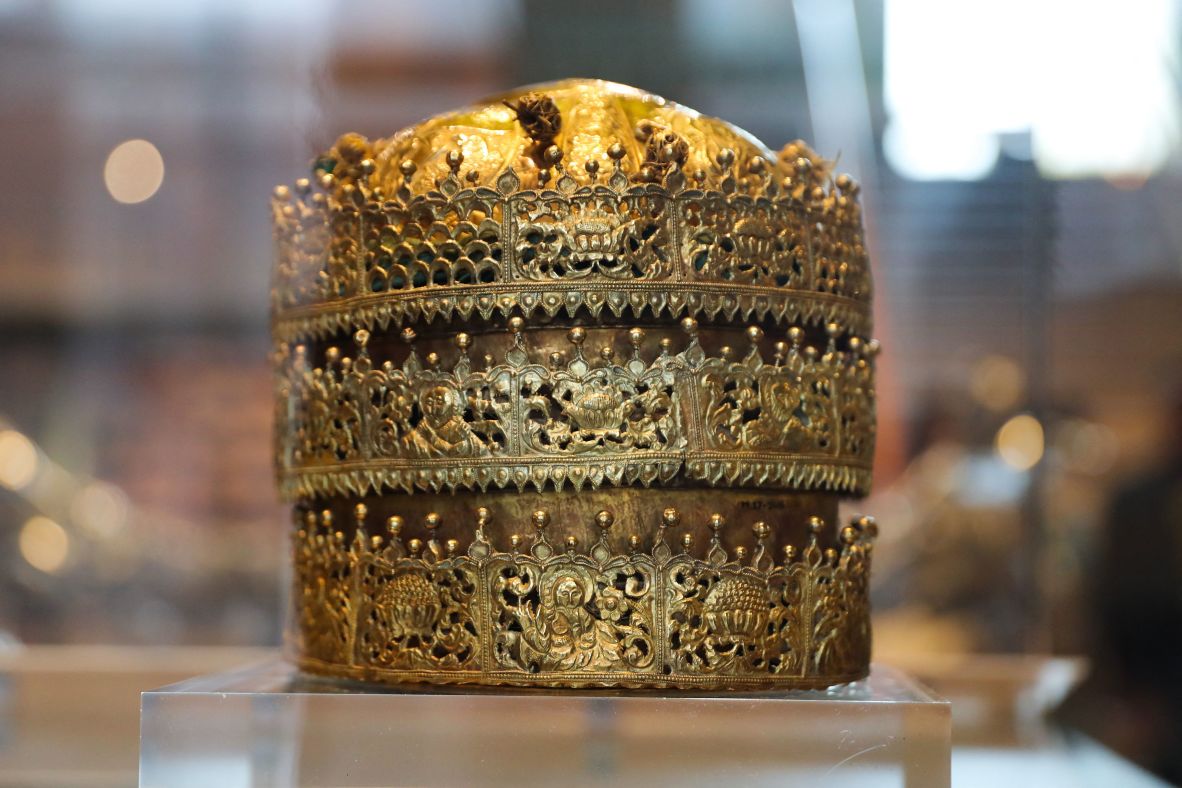 Victoria and Albert Museum, in London, since 1872.” class=”image__dam-img image__dam-img–loading” onload=’this.classList.remove(‘image__dam-img–loading’)’ onerror=”imageLoadError(this)” height=”2667″ width=”4000″ loading=’lazy’/>
Victoria and Albert Museum, in London, since 1872.” class=”image__dam-img image__dam-img–loading” onload=’this.classList.remove(‘image__dam-img–loading’)’ onerror=”imageLoadError(this)” height=”2667″ width=”4000″ loading=’lazy’/>
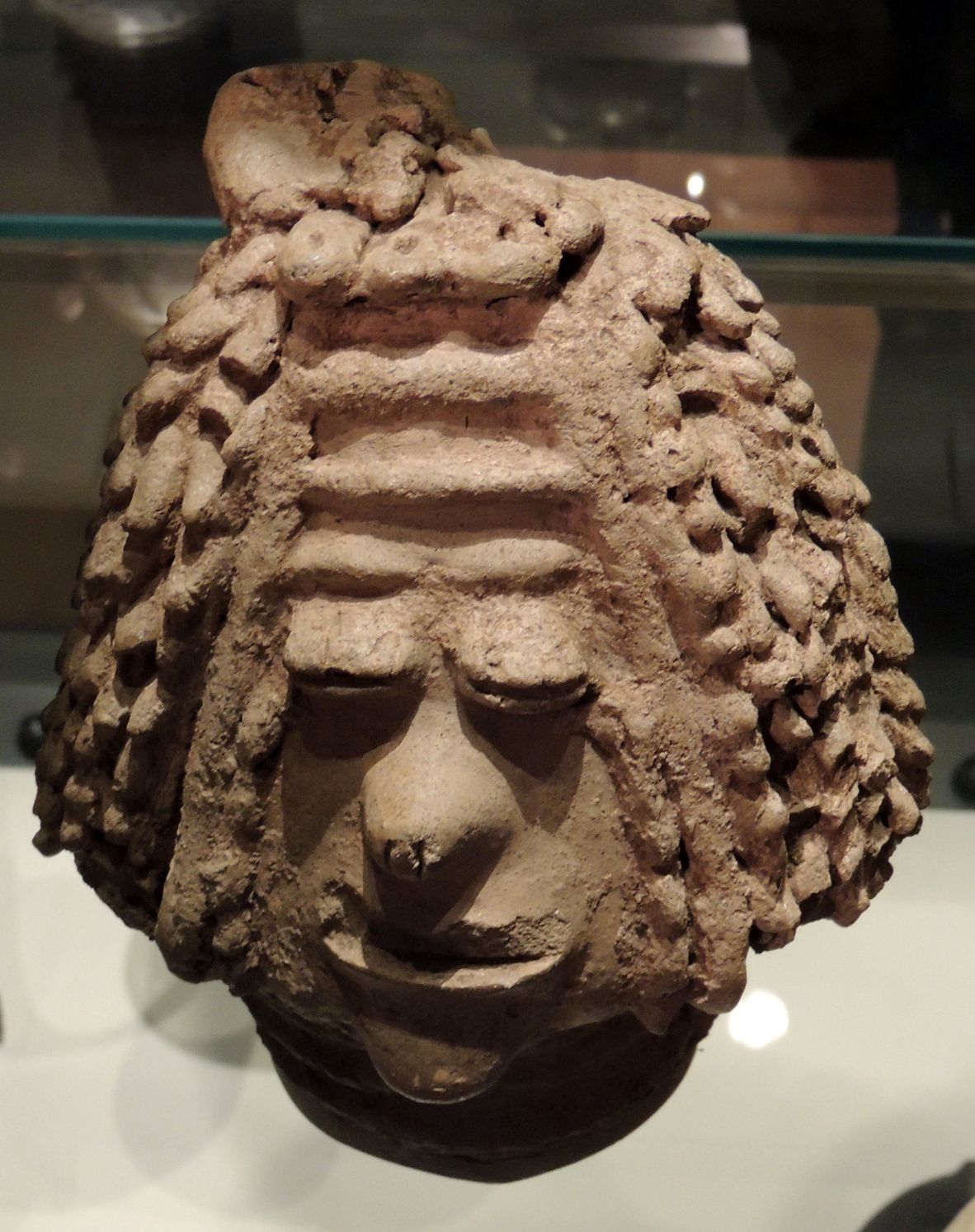 housed at the British Museum, whose website estimates it to date from at least 1750, or as early as the first Millenium AD.” class=”image__dam-img image__dam-img–loading” onload=’this.classList.remove(‘image__dam-img–loading’)’ onerror=”imageLoadError(this)” height=”5149″ width=”4073″ loading=’lazy’/>
housed at the British Museum, whose website estimates it to date from at least 1750, or as early as the first Millenium AD.” class=”image__dam-img image__dam-img–loading” onload=’this.classList.remove(‘image__dam-img–loading’)’ onerror=”imageLoadError(this)” height=”5149″ width=”4073″ loading=’lazy’/>
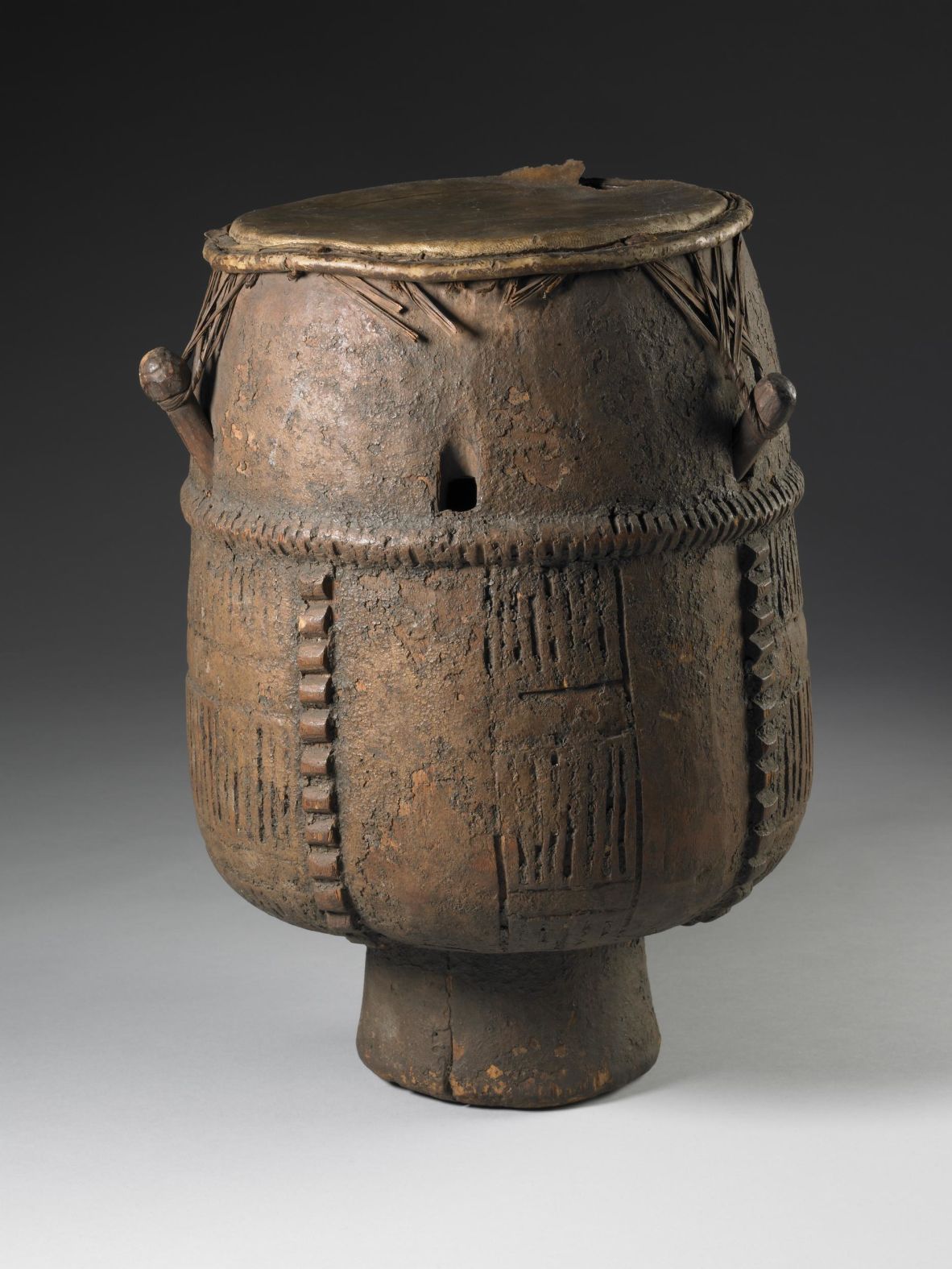 acquired by Sir Hans Sloane, the founding father of the British Museum, in Viriginia, North America, where it had likely been taken aboard a slave-trading ship.” class=”image__dam-img image__dam-img–loading” onload=’this.classList.remove(‘image__dam-img–loading’)’ onerror=”imageLoadError(this)” height=”2500″ width=”1876″ loading=’lazy’/>
acquired by Sir Hans Sloane, the founding father of the British Museum, in Viriginia, North America, where it had likely been taken aboard a slave-trading ship.” class=”image__dam-img image__dam-img–loading” onload=’this.classList.remove(‘image__dam-img–loading’)’ onerror=”imageLoadError(this)” height=”2500″ width=”1876″ loading=’lazy’/>
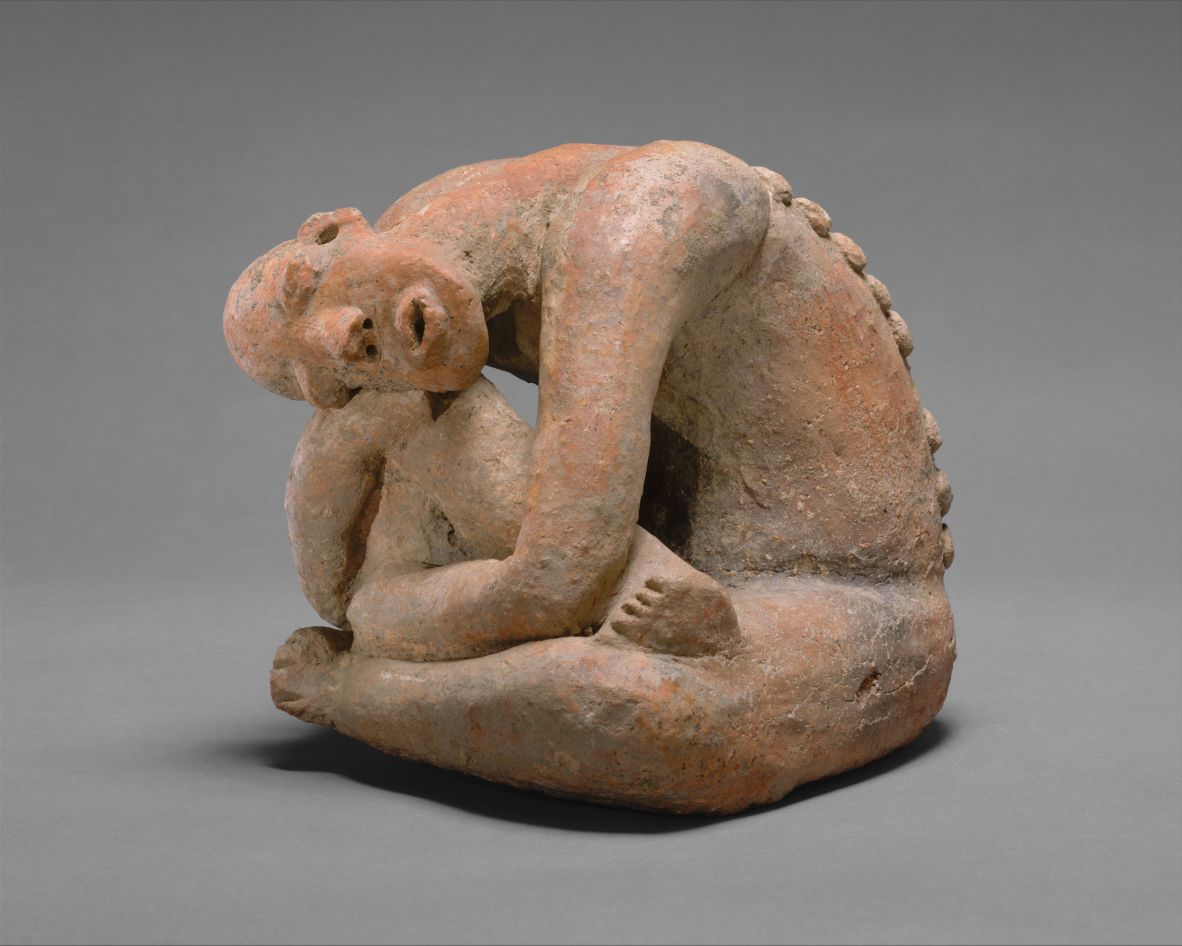 now housed in New York’s Metropolitan Museum.” class=”image__dam-img image__dam-img–loading” onload=’this.classList.remove(‘image__dam-img–loading’)’ onerror=”imageLoadError(this)” height=”3049″ width=”3811″ loading=’lazy’/>
now housed in New York’s Metropolitan Museum.” class=”image__dam-img image__dam-img–loading” onload=’this.classList.remove(‘image__dam-img–loading’)’ onerror=”imageLoadError(this)” height=”3049″ width=”3811″ loading=’lazy’/>
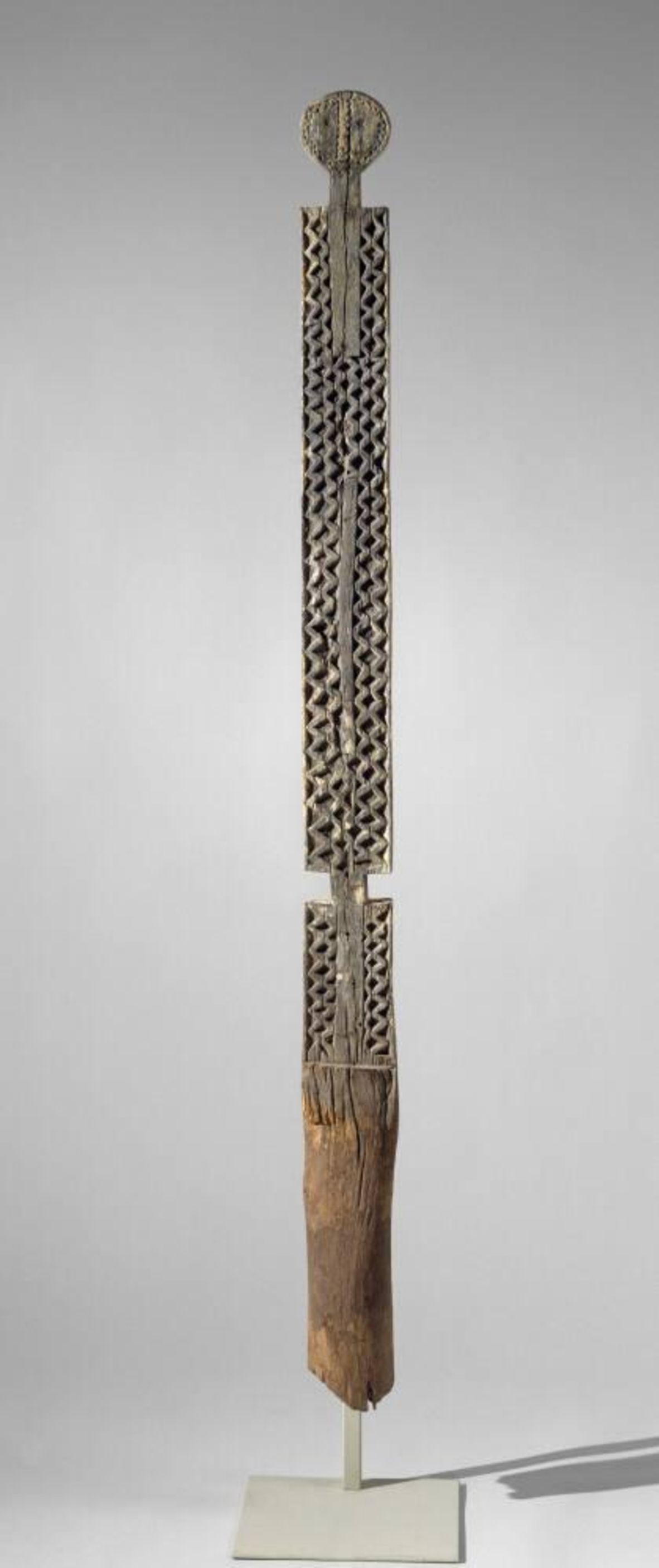 85 returned by four US museums in 2023.” class=”image__dam-img image__dam-img–loading” onload=’this.classList.remove(‘image__dam-img–loading’)’ onerror=”imageLoadError(this)” height=”1000″ width=”420″ loading=’lazy’/>
85 returned by four US museums in 2023.” class=”image__dam-img image__dam-img–loading” onload=’this.classList.remove(‘image__dam-img–loading’)’ onerror=”imageLoadError(this)” height=”1000″ width=”420″ loading=’lazy’/>
Gallery: African artifacts in Western museums
Precise numbers are hard to ascertain, but a 2009 report from the UN Educational, Scientific and Cultural Organization (UNESCO) estimated that 90-95% of sub-Saharan Africa’s art is held outside of the continent. The impact of their absence has been immense, Chika Okeke-Agulu, professor of art history at Princeton University, told CNN. It would be like European civilization “without all the cultural artifacts of Greece, Rome, the Holy Roman Empire, the Renaissance,” he said.
While many African artifacts are viewable in museums around the world, traveling there isn’t always a realistic option. “These museums are only accessible to the same people for whom they were built,” Okeke-Agulu said, “Americans, Europeans and their peer nations.”
The game will feature 70 artifacts to steal, some of which are among the most controversial in the ongoing debate around restitution.
While the artifacts are real, the museums are not. The likes of the Metropolitan Museum of Art in New York and the British Museum in London are swapped out for cookie-cutter depictions of future Western museums.
In the way that Western countries characterized the entirety of Africa as just “mud huts,” Ben Myres, CEO and creative director of Nyamakop said, the developers “wanted to do the same thing back to the West.” Europe, referred to in the game as the Old World, is generically old and stuffy, while the US, called the “Shiny Place,” is a mix of Las Vegas and Times Square.
The game is non-violent. Myres said, “We wanted to contrast the very violent way the artifacts were often taken. The way the artifacts are reclaimed is not through brute force and overpowering, but outsmarting the very same systems and institutions which took the artifacts.”
The developers are adamant that they do not want the idea of stealing back cultural artifacts taken seriously. Rather, they hope the game can be “reflective of the general frustration around repatriation.”
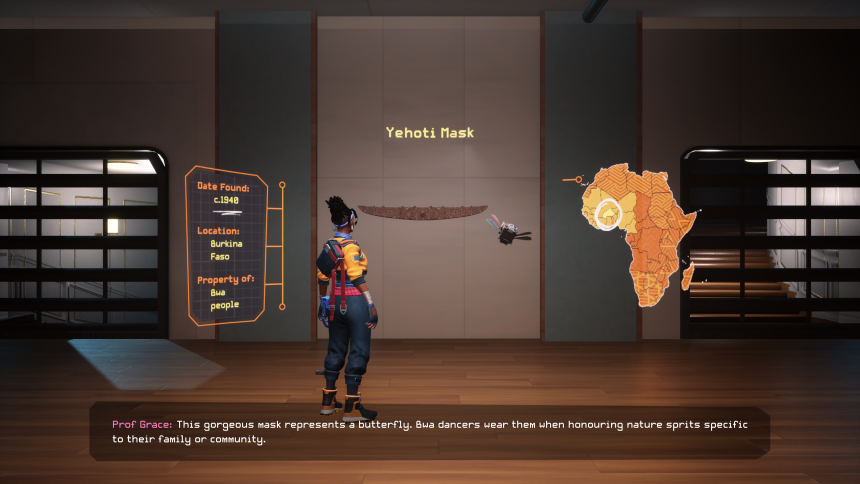
A number of African governments have formally requested the return of cultural artifacts. Legal limits by some governments on their museums, such as the British Museum Act 1963, and French inalienability laws, have stopped some museums from returning items. However, progress has been made, and the French senate is due to vote on a law this year that would simplify restitutions.
This comes after the French government commissioned a report in 2018 into African artifacts held in French public institutions. The report set out a process to return artifacts, though only 30 have been returned to African countries so far, 26 of which were to the West African nation of Benin. In August, France returned three skulls to Madagascar, including one thought to be King Toera, a Malagasy king executed by French troops in 1897.
The British Museum told CNN in an email that it “understands and recognizes the significance of the issues surrounding the return of objects and works with communities, colleagues, and museums across the globe to share the collection as widely as possible,” adding that its “ambition is to work in partnership with other museums around the world to lend or exchange items.” Alongside the Victoria and Albert Museum in London, the British Museum has loaned back gold Asante artifacts to Ghana.
In 2021, the Metropolitan Museum of Art announced the return of three brass pieces to Nigeria. The museum did not respond to a request for comment.
Mohale Mashigo, the narrative director of “Relooted,” says the game is “African Futurist,” rather than Afrofuturism as seen in the movie “Black Panther.” Afrofuturism is “this melting pot of all the cultures we can find, whereas African Futurism stays true to the cultures that exist,” she said.
The futuristic Johannesburg in the game features landmarks that will be familiar to South Africans, something Myres said is not a common experience for an African gamer. “You don’t get to see Africa in the future very often. It’s almost like Africa is not allowed to dream and be hopeful of what the future looks like.”
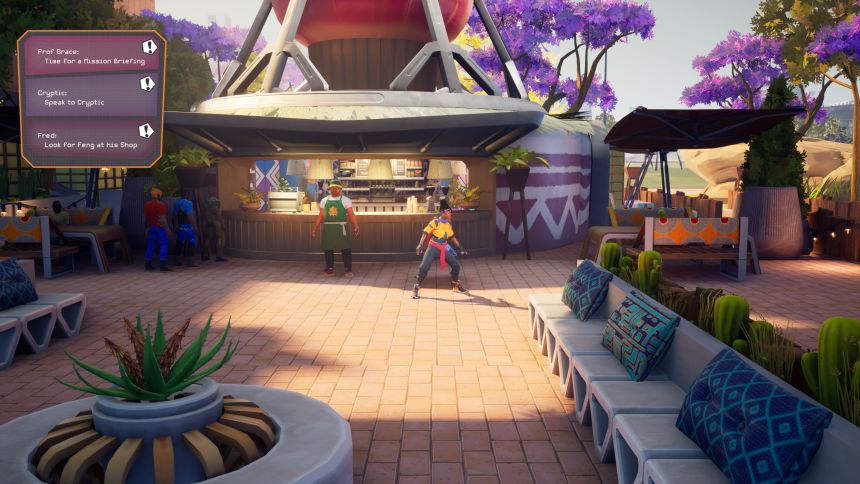
The success of “Black Panther” showed Myres that they might be able to find an audience amongst the African diaspora and Western gamers, and in doing so, they might also be able to raise awareness of the restitution issue.
Okeke-Agulu thinks that video games are a perfect format. Far from trivializing the debate, it makes it accessible. “The producers of Relooted have used this knowledge producing platform to point to this important history and topic that is of relevance to Africans. I’m all in.”
The developers hope “Relooted” will encourage Western gamers to take an interest in African history. “The whole game is this invitation to learn,” Myres said.
The game doesn’t yet have a launch date, but a demo has been released on Steam.

